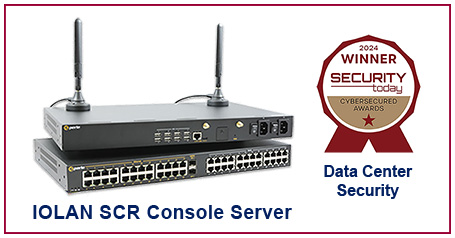
Should you be worried about third-party cybersecurity?
By Max BurkhalterApril 23, 2021
Every organization can be vulnerable to security breaches due to third-party access to any part of their systems. Your company must minimize these risks by vigilantly and constantly auditing policies, procedures and processes. The need to assess your vendor and third-party cybersecurity is rooted in the fact that even if your own cybersecurity measures are rigorous, they are only as good as the weakest link. If a third party is allowed access to your company or customer data, their security must be at least equal to your own.
Data you must protect:
If you hold any of the following data on your servers, you must have strong security in place to protect it from breaches, including breaches caused by third parties. Firewalls and zero-trust network access can help you safeguard data like:
- Personally Identifiable Information (PII)
- Protected Health Information (PHI)
- Proprietary information or intellectual property
- Payment processing information
- Historical financial / transactional data
Losing data as the result of a breach can result in significant financial damage as well as indirect costs. According to InfoSec, a breach that occurs due in part or in full to third-party involvement (direct or indirect) can increase losses and mitigation costs by as much as $13 per record compromised, meaning a 1,000 record breach could cost $13,000 more to mitigate due to the third party's involvement. A study by Opus and Ponemon notes that while 59% of companies have experienced a data breach caused by a third party, only 16% say they are effectively mitigating third party risks.

Mitigating third-party risks
Third parties such as vendors create an extra layer of exposure, as they can gain unauthorized access to deeper areas of your network and download secure information. Vendors help increase your risk profile since you will now be vulnerable to hackers targeting them, and through them, you. Or you might even have a hacker use a mutual vendor to reach you, which could lead to company information or consumer information being accessed, leaked, published or used in a way to cause financial or reputational harm.
You might lose a competitive edge if proprietary information about your company, service or product is stolen. If a third party can be proven to have gained access through your network or data storage, consumers can and will hold you liable if their information is accessed without their permission. The risk of losing a substantial percentage of your customers and revenues skyrockets if you have a breach resulting in unauthorized access of sensitive data and the breach is publicized, even if (especially if) you hide the breach and it doesn't come out until months or years later.
If you accept payment through credit or debit cards, your risk of experiencing a damaging data breach increases and the penalties for not protecting sensitive data adequately goes way up. The best way to mitigate risk is by assessing each third party of vendor you allow access to your network, and by instituting clear, strict controls to prevent unauthorized access. If your cybersecurity is strong, and you only hire third parties who can match your level of security, you can protect sensitive data and your network more effectively. Preliminary assessments in advance of partnering with third parties, followed by annual risk assessments on an annual basis, can help you keep data safe.
Security starts with your own network. To learn more about how Perle can help you create strong physical security, read our customer success stories.



